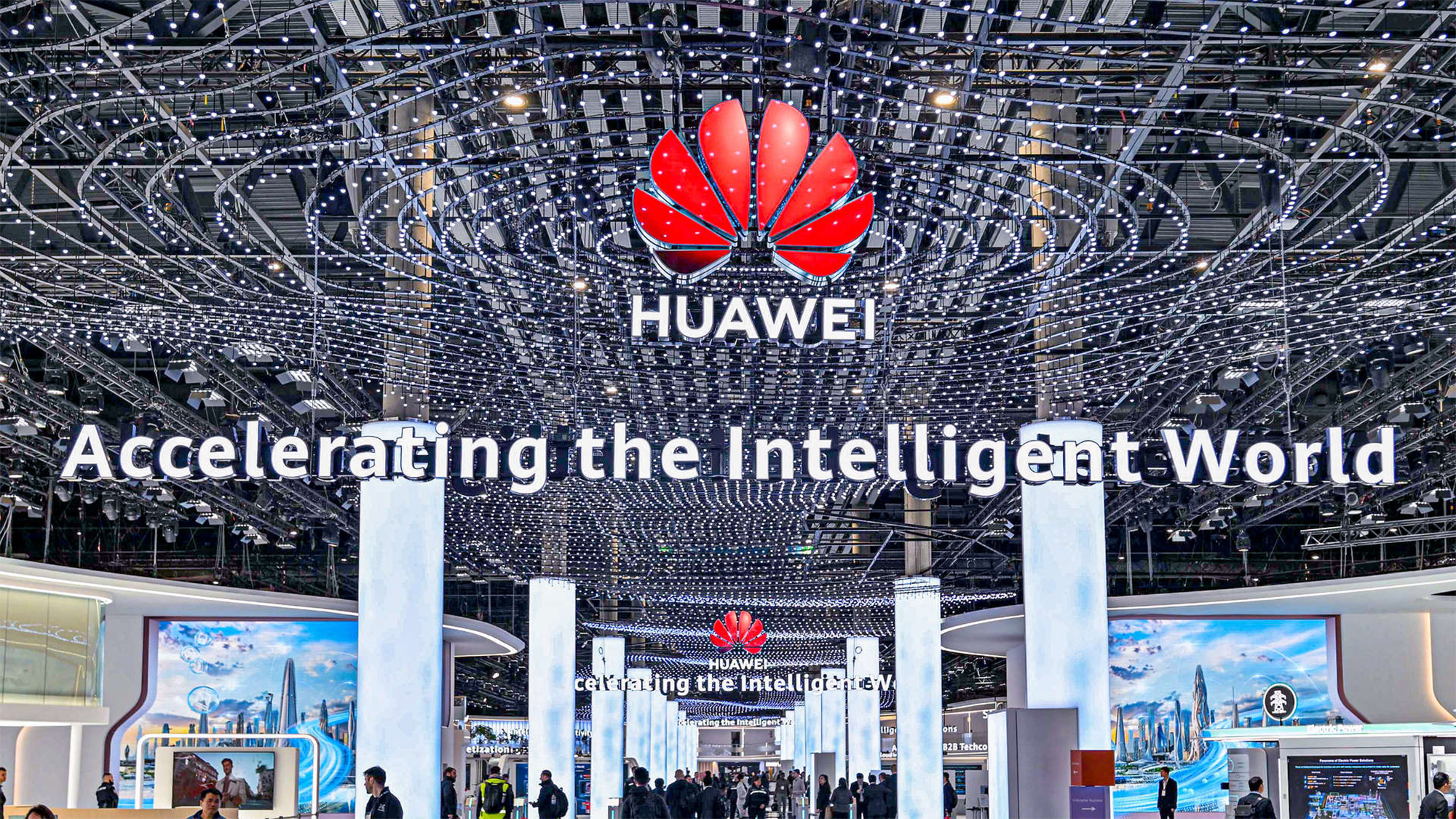Can AI deliver better broadband?
AI could help improve broadband planning, which is helpful given the technology will also need better networks


AI can help operators accelerate broadband deployments, in particular if it's used to design networks, according to new research.
A report by the World Broadband Association (WBBA) argued that the technology could help in the pre-deployment phases of broadband networks by being put to work during network planning and expansion.
The findings of the report were presented at the Broadband Development Congress (BDC) in Barcelona this week.
So far, telecom companies are focused on AI for customer service and network troubleshooting and optimization — all useful applications but by bringing AI into systems earlier, there could be further benefits.
By using AI to help with network development, operators can make sure they roll out infrastructure to the right places at the right time and with the right technologies, the report noted. Similarly, this could help ensure a return on investment (ROI).
"The pre-deployment phases in broadband are periods of decision-making and network planning before infrastructure is rolled out or upgraded," said Martin Creaner, Director General of the WBBA.
"It’s an ideal environment for AI to make an impact, and if its models are supported by the right data and algorithms, then it can be used to help operators predict the return on their investments much more accurately."
Get the ITPro daily newsletter
Sign up today and you will receive a free copy of our Future Focus 2025 report - the leading guidance on AI, cybersecurity and other IT challenges as per 700+ senior executives
Using AI to support broadband deployments
The white paper suggested, for example, that an AI model can identify the most suitable areas for a new broadband deployment, when to make upgrades from copper to fiber, or how to improve penetration in rural areas by considering existing networks, customer data, and geography, as well as costs.
"All of these decisions should be informed by many interdependent factors and moving pieces related to deployment costs, demand dynamics, wholesale versus retail trade-offs, and regulatory constraints," the report noted.
"AI can play a key role in generating and analyzing a huge quantity of high-quality data for some (or all) of these factors to produce outputs for one (or more) of these decisions while optimizing the ultimate objective variable (which, in this case, is assumed to be ROI in broadband investment)."
That information can help operators decide when and where to deploy, which customers to target, and how to price services, the white paper noted.
However, the WBBA warned that this approach requires the right dataset and that AI has limitations. As such, operators should understand that it works best with clear constraints and is used alongside existing analysis for the best results.
"AI is not a magic wand that can solve the entire ROI optimization problem, but it can add significant accuracy to parts of the equation," the paper noted.
AI needs broadband too
The WBBA also noted that more efficient broadband was necessary to power the shift to AI and next-generation internet services.
"There is no single use case that will drive demand for gigabit broadband access," the WBBA said in a separate report about Gigabit broadband.
"It will be driven by a combination of three core trends: a rapid increase in connected devices, the development of advanced video-enabled AI applications, and the shift of computing power to the cloud. This combination will drive the need for high-speed, low-latency, highly reliable, and consistent networks."
As part of its Gigacity Index 2025, the WBBA ranked the broadband sophistication of cities around the world, revealing Singapore, Shanghai, Zurich, Hong Kong, and Dubai as the leaders.
MORE FROM ITPRO
- UK rural businesses set for broadband boosts
- Over half a million UK businesses struggle with insufficient bandwidth
- Poor broadband connectivity is costing London SMBs billions
Freelance journalist Nicole Kobie first started writing for ITPro in 2007, with bylines in New Scientist, Wired, PC Pro and many more.
Nicole the author of a book about the history of technology, The Long History of the Future.
-
 M&S suspends online sales as 'cyber incident' continues
M&S suspends online sales as 'cyber incident' continuesNews Marks & Spencer (M&S) has informed customers that all online and app sales have been suspended as the high street retailer battles a ‘cyber incident’.
By Ross Kelly
-
 Manners cost nothing, unless you’re using ChatGPT
Manners cost nothing, unless you’re using ChatGPTOpinion Polite users are costing OpenAI millions of dollars each year – but Ps and Qs are a small dent in what ChatGPT could cost the planet
By Ross Kelly
-
 How Huawei’s Xinghe Intelligent Campus solution accelerates intelligent transformation for businesses
How Huawei’s Xinghe Intelligent Campus solution accelerates intelligent transformation for businessesWith major AI upgrades and groundbreaking Wi-Fi innovations, Huawei is breathing new life into future-proofed intelligence campuses for customers across all industries
By ITPro
-
 From smart hotels to smart factories, Huawei is accelerating intelligent transformation
From smart hotels to smart factories, Huawei is accelerating intelligent transformationHow Huawei connected the hotel of the future with innovative AP devices and cabling and provides a converged network for smart manufacturing businesses
By ITPro
-
 National Grid investment wing backs AI startups to boost energy efficiency
National Grid investment wing backs AI startups to boost energy efficiencyNews National Grid Partners, the venture capital and innovation arm of the UK utility firm, has unveiled plans to invest $100 million in AI startups in the energy field.
By Emma Woollacott
-
 The role of ISPs in the connected world now and in the future
The role of ISPs in the connected world now and in the futureSupported Content The role of the ISP has grown precipitously as the world becomes increasingly reliant on staying connected, but they must now adapt to changing times…
By Solomon Klappholz
-
 The mobile industry will be worth $11 trillion in next five years — but growth could soar higher if usage gaps are plugged
The mobile industry will be worth $11 trillion in next five years — but growth could soar higher if usage gaps are pluggedNews An MWC report shows the power of mobile technology to support the economy
By Nicole Kobie
-
 MWC 2025: How will 5G and AI come together?
MWC 2025: How will 5G and AI come together?Analysis Traditionally a telecoms extravaganza, this year’s event will open the floor up to generative AI
By Bobby Hellard
-
 Meta is building the world’s longest subsea cable: Project Waterworth will span 50,000 km and connect five continents – and it aims to boost global connectivity and AI services
Meta is building the world’s longest subsea cable: Project Waterworth will span 50,000 km and connect five continents – and it aims to boost global connectivity and AI servicesNews Meta has announced plans to build the world's longest subsea cable in a bid to supercharge global connectivity and drive AI innovation.
By Emma Woollacott
-
 UK regions invited to apply for ‘AI Growth Zone’ status
UK regions invited to apply for ‘AI Growth Zone’ statusNews The UK government has opened up bidding for regions hoping to secure 'AI growth zone' status.
By Emma Woollacott